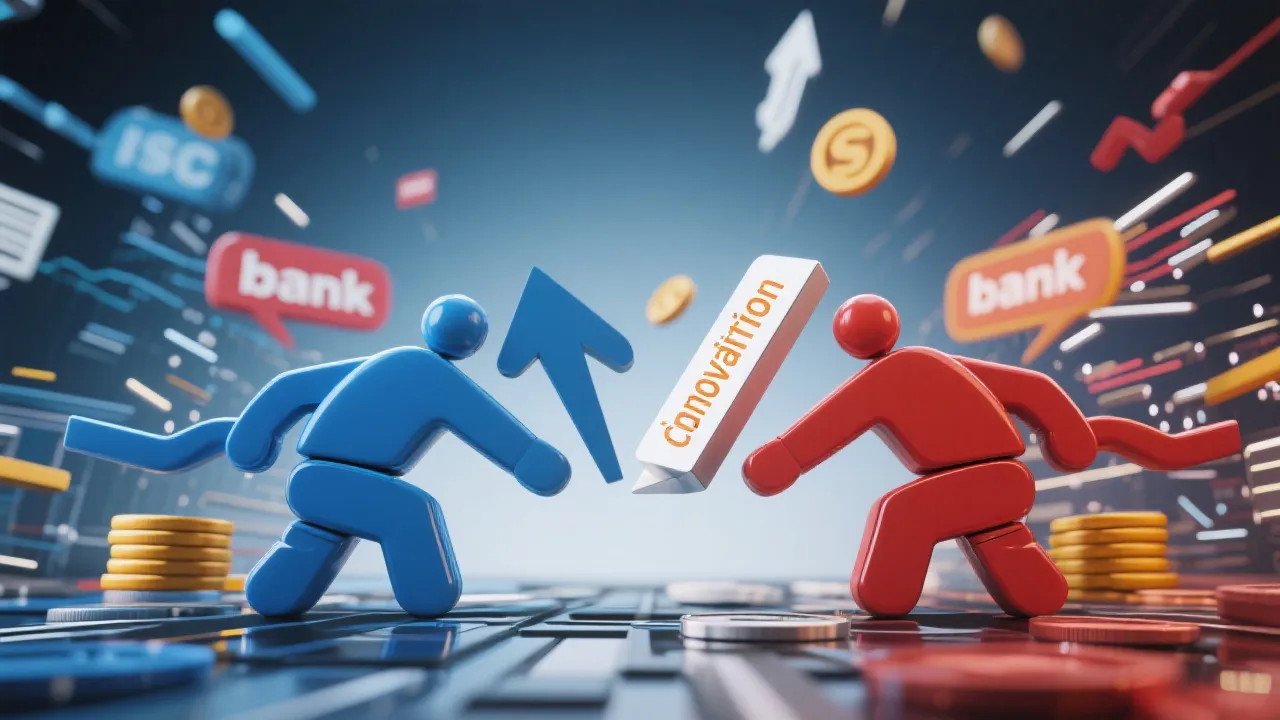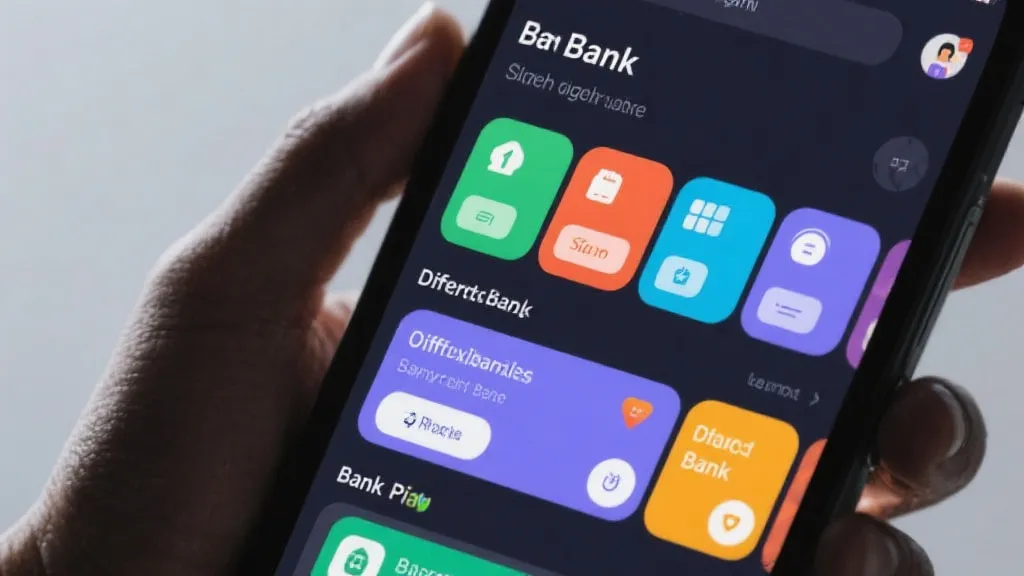Credit card debt can quickly accumulate and become overwhelming if not managed properly. High-interest rates, late fees, and the temptation to carry balances month after month can make it difficult to pay off debt. However, with the right strategies, you can take control of your credit card debt and work towards financial freedom. Here are some smart strategies to help you effectively manage and repay your credit card debt.
1. Create a Budget and Track Spending
The first step in managing credit card debt is understanding where your money is going. Without a budget, it's easy to overspend and let your credit card balances grow. Here’s how to start:
- Track Your Income and Expenses: List all your sources of income and monthly expenses, including rent, utilities, groceries, and entertainment. This will help you see how much discretionary income you have to allocate towards debt repayment.
- Cut Back on Non-Essential Spending: Identify areas where you can reduce spending. For example, consider cooking at home instead of dining out, canceling unused subscriptions, or limiting entertainment expenses. This can free up more money to put toward paying down your credit card debt.
- Set a Repayment Goal: Determine how much you want to pay off each month. This should be a realistic figure based on your budget and discretionary income.
2. Pay More Than the Minimum Payment
Paying only the minimum payment on your credit card bill can result in years of debt and thousands of dollars in interest charges. Credit card companies usually set minimum payments at a small percentage of your balance (often around 2% to 3%). While it may seem manageable, this can lead to a long repayment period and significant interest payments.
- Pay Extra Each Month: To make a real dent in your debt, try to pay more than the minimum. Even adding an extra $50 or $100 a month can help you pay off your balance faster and reduce the amount of interest you pay.
- Use Windfalls for Debt Repayment: Any extra money you receive, such as tax refunds, bonuses, or gifts, can be applied to your credit card debt. This can help accelerate your repayment plan.
3. Prioritize High-Interest Debt
If you have balances on multiple credit cards, it’s important to tackle the ones with the highest interest rates first. This will save you the most money over time.
- The Avalanche Method: List all your credit cards by interest rate, from highest to lowest. Focus on paying off the card with the highest rate first, while making the minimum payments on the others. Once the high-interest card is paid off, move on to the next one on the list. This method minimizes the total amount of interest you pay over time.
- The Snowball Method: Alternatively, you can use the snowball method, where you pay off the card with the smallest balance first. Once it’s paid off, move to the next smallest balance. While this doesn’t save as much on interest, it can provide a sense of accomplishment and motivate you to keep going.
4. Consider Balance Transfers
If you have good credit, a balance transfer credit card can be an effective strategy for saving on interest and paying down debt faster. Many credit card companies offer introductory 0% APR for balance transfers for a limited time, typically ranging from 6 to 18 months.
- How Balance Transfers Work: You transfer the balance from your high-interest credit card to a new card with a 0% introductory APR. This means you won’t pay interest on your transferred balance during the introductory period.
- Be Aware of Fees and Terms: Some balance transfer cards charge a transfer fee, typically 3% to 5% of the amount transferred. Additionally, after the introductory period ends, the interest rate may rise significantly, so it’s important to pay off as much of the balance as possible during the 0% APR period.
5. Negotiate a Lower Interest Rate
If you’ve been a loyal customer and have a good payment history with your credit card issuer, you may be able to negotiate a lower interest rate. A lower interest rate can significantly reduce the amount of money you pay in interest, helping you pay off your balance faster.
- How to Negotiate: Contact your credit card issuer and explain your situation. Let them know you’re working on paying down your debt and ask if they can offer you a lower interest rate. Be polite, but firm, and emphasize that you’re a responsible customer. If they’re unwilling to lower your rate, you might want to consider transferring your balance to another card with a better rate.
6. Automate Payments
Missed payments can incur late fees and increase your debt due to added interest charges. One way to avoid missing payments is to automate them.
- Set Up Automatic Payments: Most credit card issuers offer the option to set up automatic payments for your monthly bills. You can set these up to pay the minimum balance or a higher amount, depending on your repayment plan. This ensures you never miss a payment and helps you stay on track with your repayment goals.
- Automate Extra Payments: If you’re able to pay more than the minimum, consider setting up automated additional payments to help pay down your debt faster.
7. Consider a Debt Consolidation Loan
If you have multiple credit card balances and find it difficult to manage them, a debt consolidation loan can simplify your repayment process. A consolidation loan combines your credit card debts into one loan with a single monthly payment, often at a lower interest rate.
- How Debt Consolidation Works: With a consolidation loan, you borrow money from a bank or online lender to pay off your credit card balances. This means you’ll have one loan to manage, potentially with a lower interest rate than your current credit cards.
- Pros and Cons: Debt consolidation can help you simplify payments and potentially reduce your interest rates. However, it’s important to make sure you don’t rack up more debt on your credit cards after consolidating, or you might end up in a worse financial situation.
8. Seek Professional Help if Needed
If you’re overwhelmed by your credit card debt and struggling to make progress, seeking professional help might be necessary.
- Credit Counseling Services: Nonprofit credit counseling agencies can help you create a debt repayment plan, negotiate with creditors, and offer advice on managing your finances. These agencies may also offer debt management programs (DMPs), which allow you to make one monthly payment to the agency, which then pays your creditors.
- Debt Settlement: If your debt is unmanageable, debt settlement agencies may be able to negotiate with creditors to reduce your total debt. However, this can negatively impact your credit score and should be considered a last resort.
9. Avoid Accruing New Debt
One of the biggest challenges when paying off credit card debt is resisting the temptation to add to it. To successfully manage your debt, avoid adding new charges to your credit cards while you’re repaying your existing balances.
- Freeze or Lock Your Cards: If necessary, consider locking your credit cards or cutting them up until you’ve paid off your debt.
- Use Cash or Debit: While paying off your credit card debt, switch to using cash or a debit card for daily purchases to avoid accumulating more credit card debt.
Conclusion
Managing credit card debt requires discipline, planning, and strategic actions. By creating a budget, paying more than the minimum, prioritizing high-interest debt, and considering tools like balance transfers or consolidation loans, you can reduce your debt more efficiently. With persistence and smart strategies, you can eliminate credit card debt and take control of your financial future.
Clara Evans
Clara is an expert editor with a deep understanding of publishing and journalism. She brings over 15 years of experience in refining content for clarity and impact. Clara has worked across various industries, from lifestyle to finance, and is committed to delivering content that is both engaging and informative.










